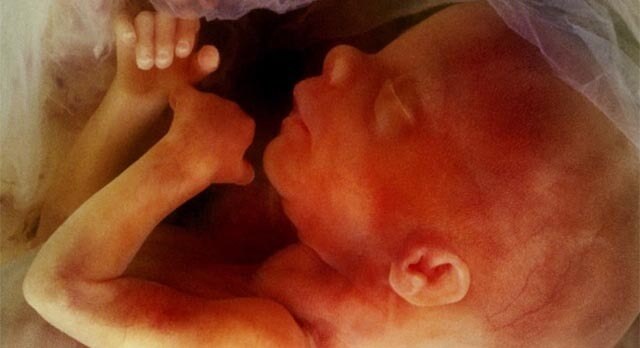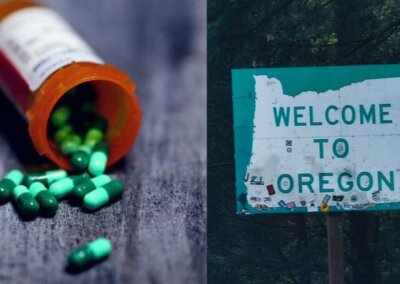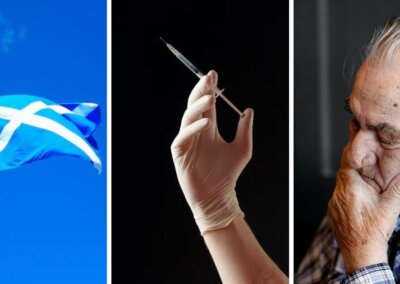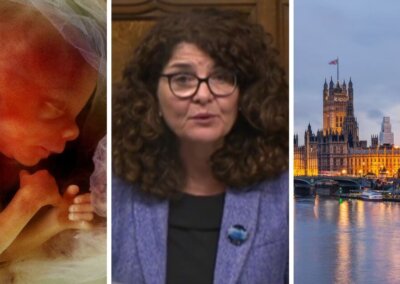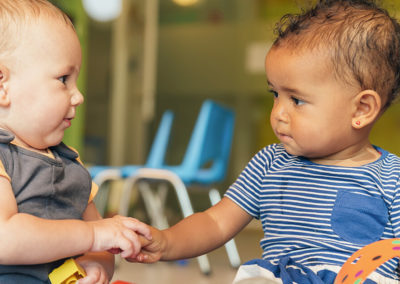Sunday marked the 52nd anniversary of the Abortion Act receiving royal assent. Since the passing of the Act, a staggering 9,335,879* unborn babies have lost their lives to abortion — one death every three minutes; 20 lives ended every hour.
Last year, almost 1 in 4 (23.8%) of all pregnancies in England and Wales ended in abortion. The figure represents an increase from 2012 where approximately 1 in 5 (20.7%) of pregnancies ending in abortion.
Compared with 1969 – the first year with complete figures for a total number of abortions – where there were 54,819 abortions, there has been a 270% increase in the proportion of the total number of pregnancies ending in abortion in England and Wales.
Disabled unjustly targeted
In England and Wales, people with disabilities have been unjustly and disproportionately targeted by abortion legislation.
The latest available figures show that 90% of children diagnosed with Down’s syndrome before birth are aborted and that 3,269 disability-selective abortions took place in 2018.
There is also evidence of sex-selective abortions taking place in the UK.
Lucrative industry
Since the passing of the Act, what was once a crime has become a lucrative industry. Abortion provider Marie Stopes International’s chief executive earned £434,500 last year, according to the latest accounts released by Companies House.
The accounts also show the abortion provider had a record income of £296.8 million, receiving over £48 million in 2018 from the Department for International Development (DfID), who remain their single largest donor.
The amount that Mr Cooke was paid in 2018 would put him in the top-10 highest earners in the charity sector. 38 of MSI’s employees were paid more than £100,000. BPAS, the UK’s largest abortion provider, paid 7 of its staff over £100,000 in 2017
The Department for International Development (DfID) has increased the UK Government’s financial contributions to Marie Stopes International for overseas abortions by over 5000% in the last 12 years. The figure rose from £905,000 in 2006 to £48,173,000 in 2018.
Financial statements for the company found in Companies House reveal that since 2006 DfID has given over £300 million worth of taxpayers’ money to Marie Stopes International, with over three-quarters of that total given between 2014 and 2018.
Majority want safeguards for unborn babies
Opinion polls repeatedly show that the public wants increased protections for unborn babies and the number of abortions reduced – rather than the wholesale removal of legal safeguards around abortion.
Only 1% of the UK population want abortion to be available up to birth and over 70% of women want the abortion limit to be reduced to 20 weeks or lower.
Polling from earlier this year revealed that over 41% of Londoners believe abortion should be illegal in almost all circumstances.
Polling also revealed that two-thirds of women and 70% of 18-34-year-olds in Northern Ireland did not want Europe’s most extreme abortion law imposed on the province by Westminster.
The change in law will not only likely increase the number of abortions that take place in the UK, but will allow terminations to take place for any reason, up to 28 weeks, legalising sex-selective and disability-selective abortion – including abortion for Down’s syndrome, cleft lip and club foot.
In Northern Ireland, there are an estimated 100,000 people who are alive today because of laws protecting unborn babies.
Spokesperson for Right to Life UK, Catherine Robinson said:
“The UK’s abortion law is failing both women and unborn babies. Over 9,000,000 lives have been lost since the passing of the 1967 Abortion Act, each one a valuable human being who was denied the right to life.
“We are always looking at how we can save more lives by ensuring that protections for unborn babies are introduced and safeguards are strengthened to protect both mothers and babies.”
* This figure is a projection for England, Wales and Scotland through to midnight on 26/10/19 and has been calculated based on the following assumptions
- The same number of abortions will take place in 2019 in England, Wales and Scotland as 2018.
- The rate of abortions throughout the year is evenly distributed.


